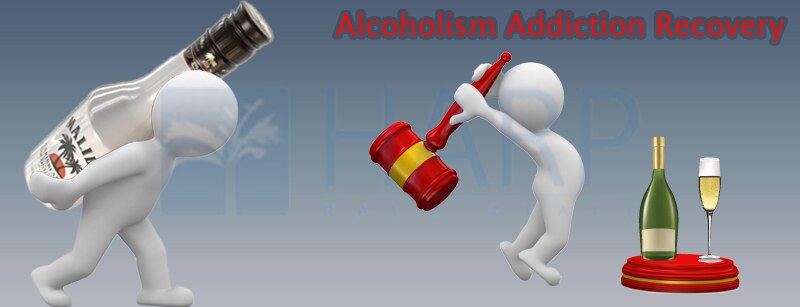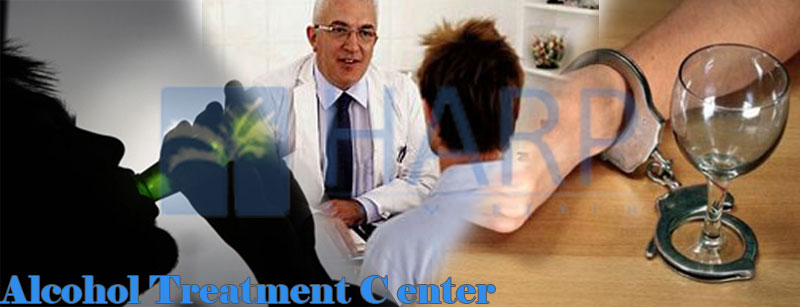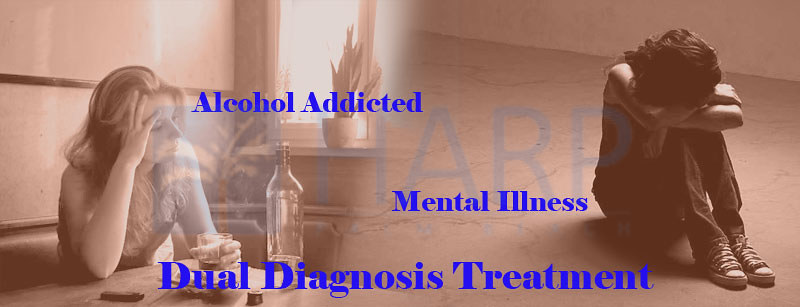Professional assistance programs
are meant to provide a therapeutic environment to high profile executives.
Licensed professionals struggling with depression, chronic relapse, substance
abuse, alcohol addiction and behavioral problems undergo treatment, which is
conceptualized as per individual needs. Therapies are meant to apply recovery
skills for preventing relapse, promoting personal responsibility, improving
emotional functioning, reintegrating the individual for a normal life and
developing adaptive skills. Having said this, it is important to understand and
evaluate treatment centers prior enrollment. When privacy is at stake, confirm
the following things to make a successful recovery.
Complete confidentiality and trust
Confidentially is a vital
component of professional treatment programs. As a licensed professional, a
fear of medical information being made public resists you from seeking and
receiving quality medical treatment, which results in untreated illness
progressing to a fatal stage. In addition, the real threat of professional
consequences and public discipline may provoke you to avoid formal treatment
and alternate care. As a result, it is important to ensure that the healthcare
system has stringent policies for maintaining privacy and trust.
Individualized program
Individualized program is a key
factor that accelerates recovery and provides precise care to the patient.
Addiction and causes of addiction vary from person to person. There are cases
where extreme addiction abandons individual from the society, leaving them
stranded in severe depression. Also, there are cases where depression leads to
compulsive dependency on drugs and alcohol. Under these circumstances,
individualized treatment programs provide the necessary impetus while
undergoing treatment.
Thorough evaluation
Prior enrollment, ensure that you
undergo a thorough intake process. To begin with, medical director carries out
an intensive psychiatric evaluation. Also, there is an initial meeting with the
assigned therapeutic expert that kickstarts the treatment. The initial meeting
and evaluation process are important as they help design the treatment program.
There are occasions where patients are misdiagnosed, which is also the reason
for such a high recidivism rate in the treatment industry. So, ensure that your
professional assistance program or interpersonal therapy for depression has an
evaluation process.
Treatment from experienced therapists
Alcohol addiction, substance
abuse, depression, anxiety and other chronic illnesses can only be handled by
experienced psychiatrists, doctors, and master's level clinicians. Ensure that
the treatment staff has years of experience in curing patients with severe
disorders. Experts must be multi-disciplinary with an ability to set priorities
and realistic achievements that helps in quick recovery. There are cases of
negligence towards patients, which disorganizes treatment programs without any
fruitful result. As a result, confirm that the team is balanced in terms of
experience and expertise. Together, the team can meet your needs in the road to
recovery.
Professional treatment programs,
interpersonal therapy for depression and other addiction programs can sincerely
fuel your efforts toward a sober life. However, it is important to thoroughly
evaluate the treatment center to avoid false treatment promises and unyielding treatments
therapies.

















